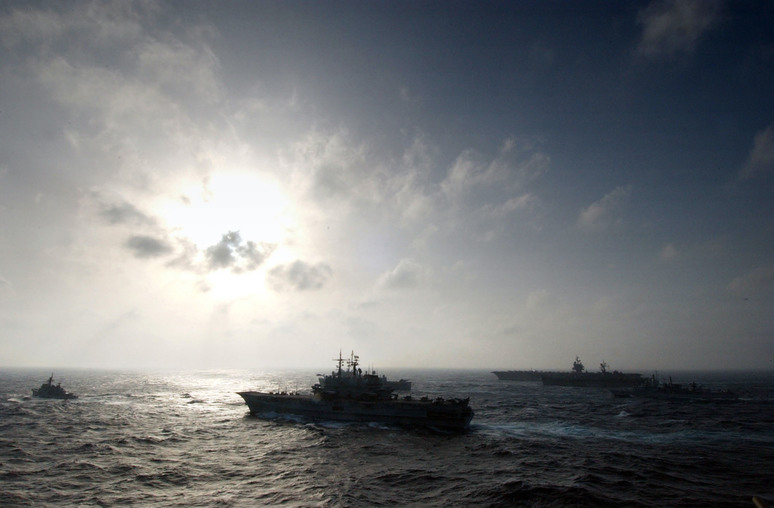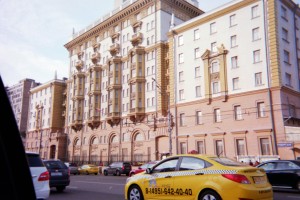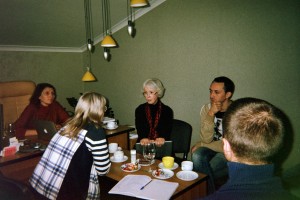
Everyone knows that westerners have a short attention span these days. So, just in case you, dear western reader or viewer, may have forgotten since yesterday, here’s another daily reminder: Russia is a backwards hellhole.
Got it?
Nothing good ever happens there. Not ever.
Everyone is miserable beyond belief. Everyone.

Except maybe president Putin, as he frolics with his 365 different girlfriends and counts his billions of stolen rubles that he keeps stashed in the underground bunker of his opulent mansion at an undisclosed location.
This was my thought as I read Boyd Tonkins’ review of Svetlana Alexievich’s Second Hand Time, a book that reportedly follows 10 families in the post-Soviet era.
I haven’t yet had the pleasure of reading the book, but the portrayal by Tonkins in his review (titled “The Hopeless Wasteland of Modern Russia”) pretty much fits the now hackneyed caricature of Russia presented in the corporate western media.

I couldn’t help but wonder how a book might portray the U.S. to a foreign audience if it followed this same formula: only talk about the worst aspects of life in the U.S., magnify it greatly, add in some cheesy melodrama and soap suds, and repeat ad nauseum.
Perhaps it would look something like this: half of the population has committed suicide and the other half would probably like to; Obama is personally responsible for every bad thing that happens in every corner of the U.S., from sea to shining sea; 90% of Americans are currently drowning their sorrows in methamphetamine or Oxycontin; every single person of color is killed by the police; everyone is homeless; all Americans, to show how noble and philosophical they are in their misery, go around quoting Theodore Dreiser and James Baldwin.
Some choice quotes from long-suffering Americans may include:
“You can’t buy democracy with loads of corporate cash…you needed free elections and we didn’t have them.”
“Yes, we stood in line for Black Friday at WalMart…but it was America and we loved it.”
“Hillary the Democrat is our shortest joke.”
“From the genocide of the Native Americans and slavery to recent massacres in Iraq and Libya, blood soaks the pages.”
Now, I’m not suggesting that anyone whitewash any country’s history or leadership. However, most Americans – if the shoe were on the other foot – would probably get tired of seeing their country, despite its many faults, constantly talked about only in this light, with no nuance, no complexity and no context. This would be especially true if the one engaging in this kind of depiction had such a hard time seeing the mote in their own eye and spent more time haranguing about someone else’s supposed faults than they did fixing their own myriad problems.
But I guess that’s the benefit of being exceptional and indispensable.
(To read the original review by Boyd Tonkins that inspired this satirical post, go to http://www.spectator.co.uk/2016/06/the-hopeless-wasteland-of-modern-russia/)



